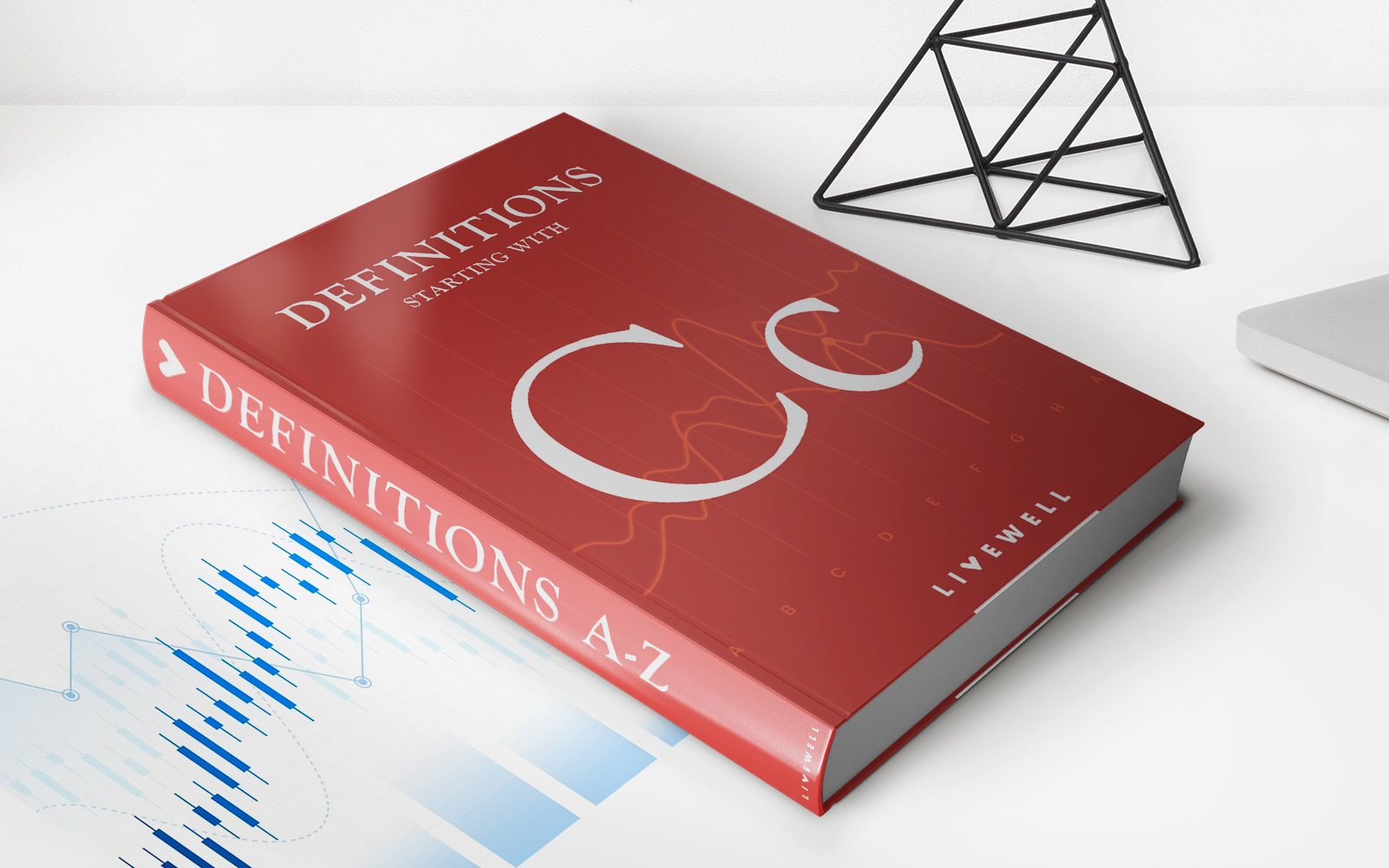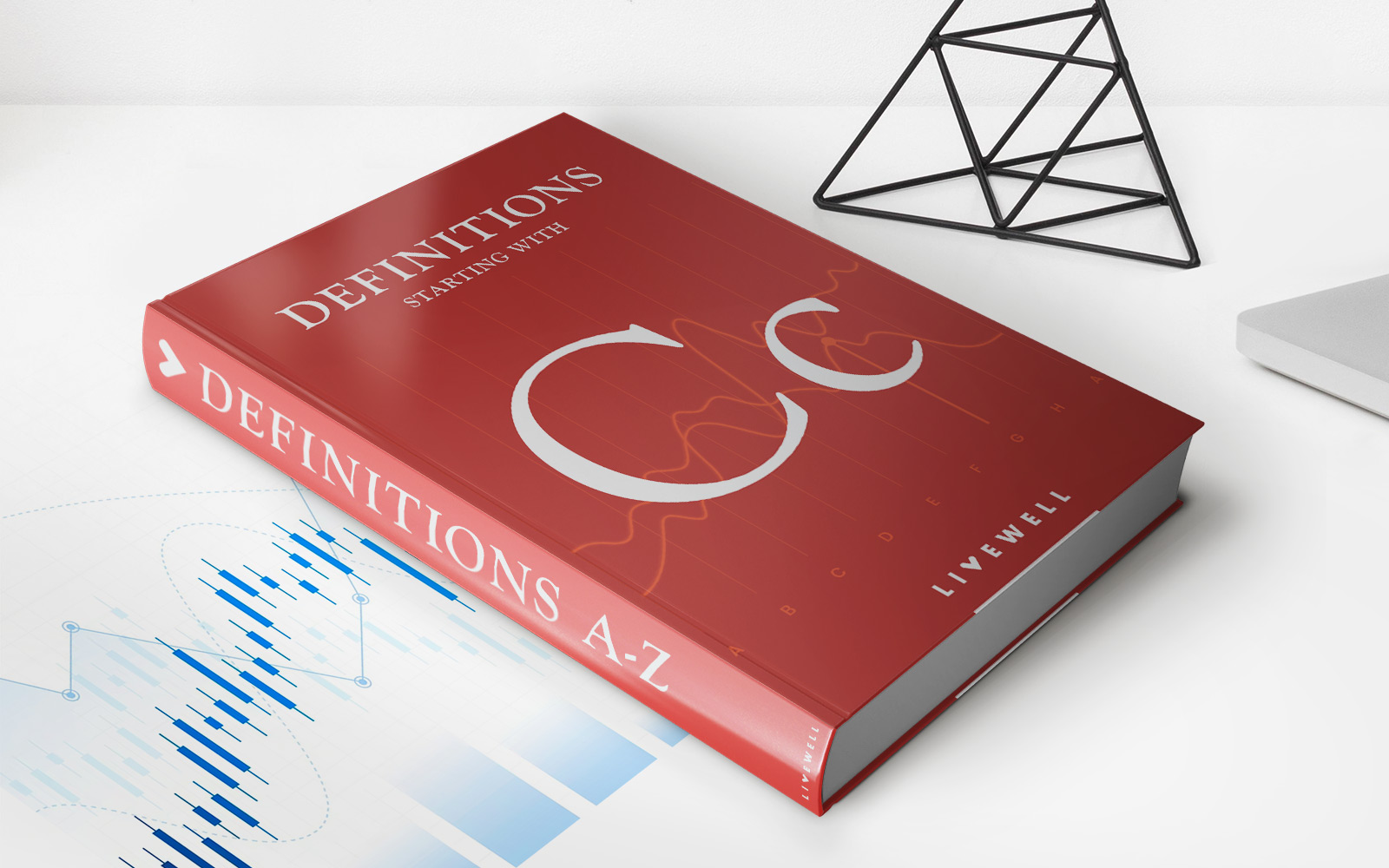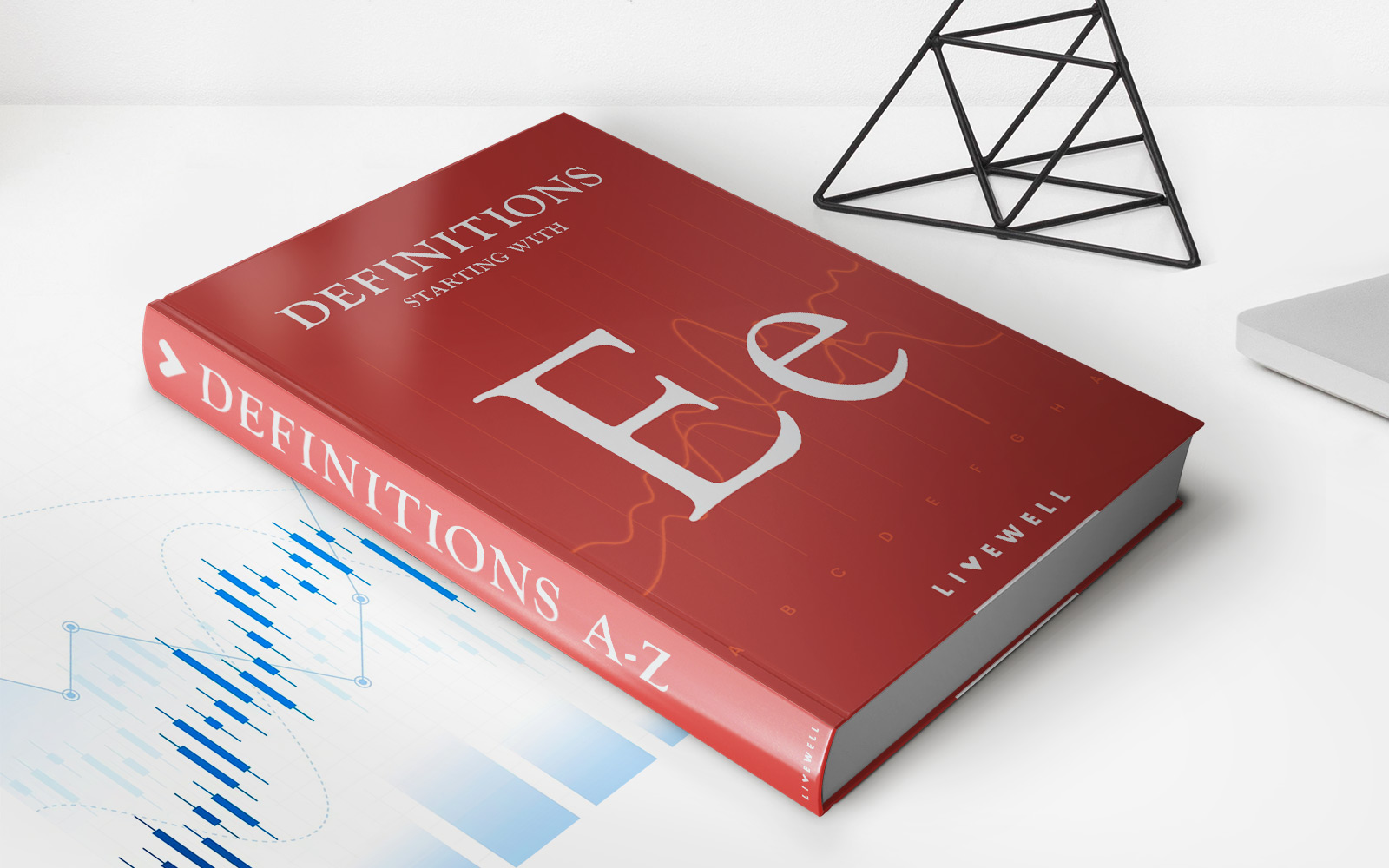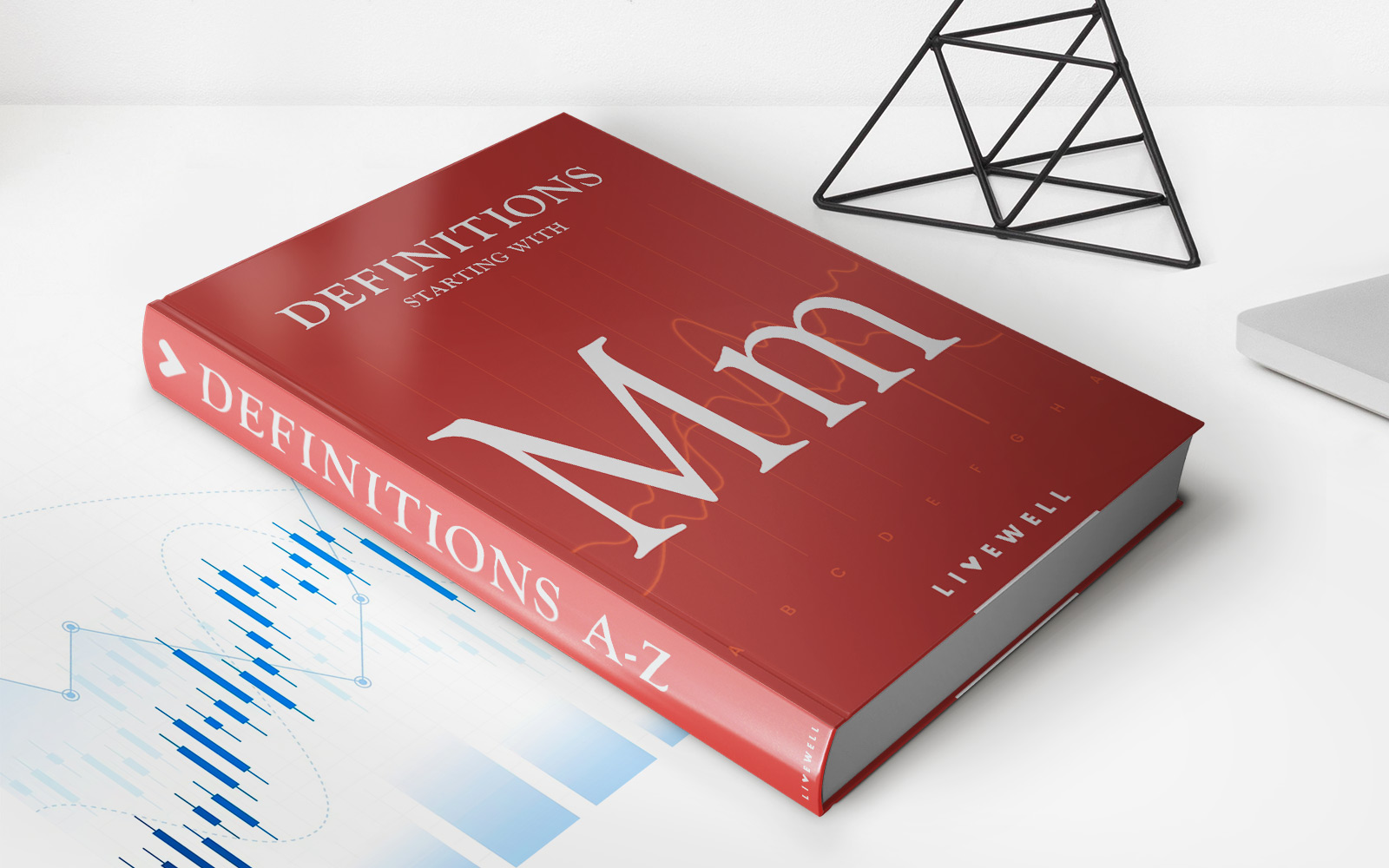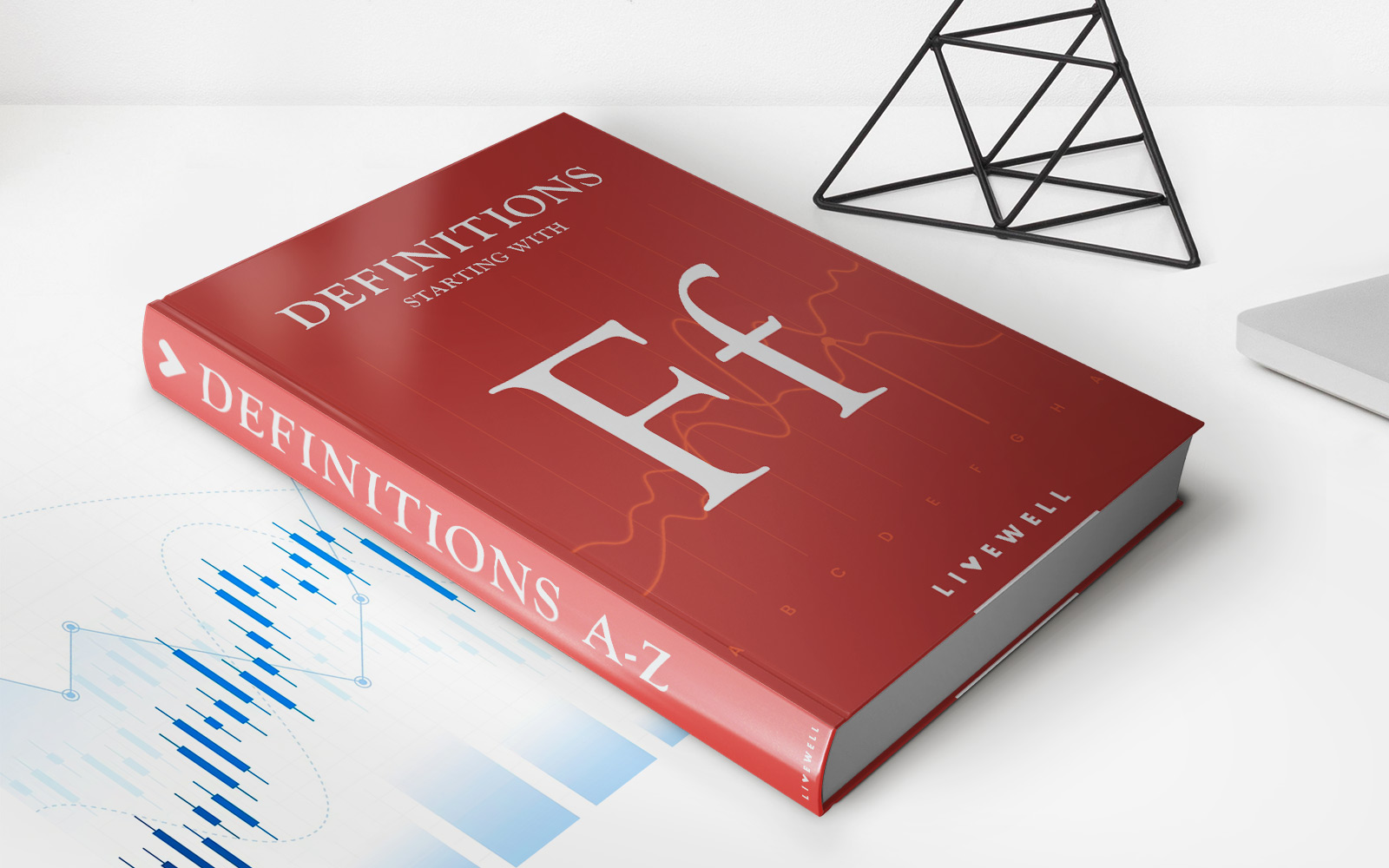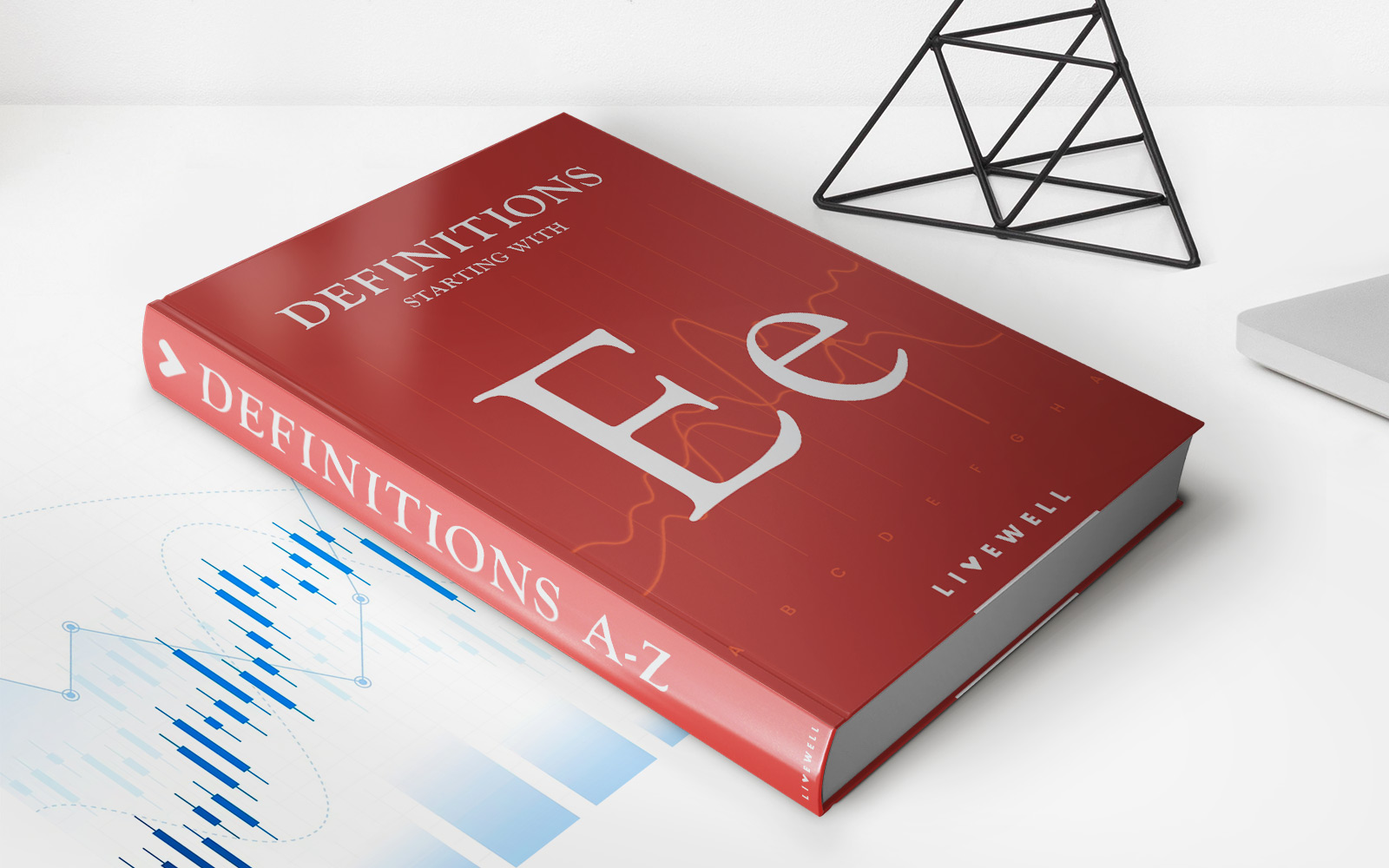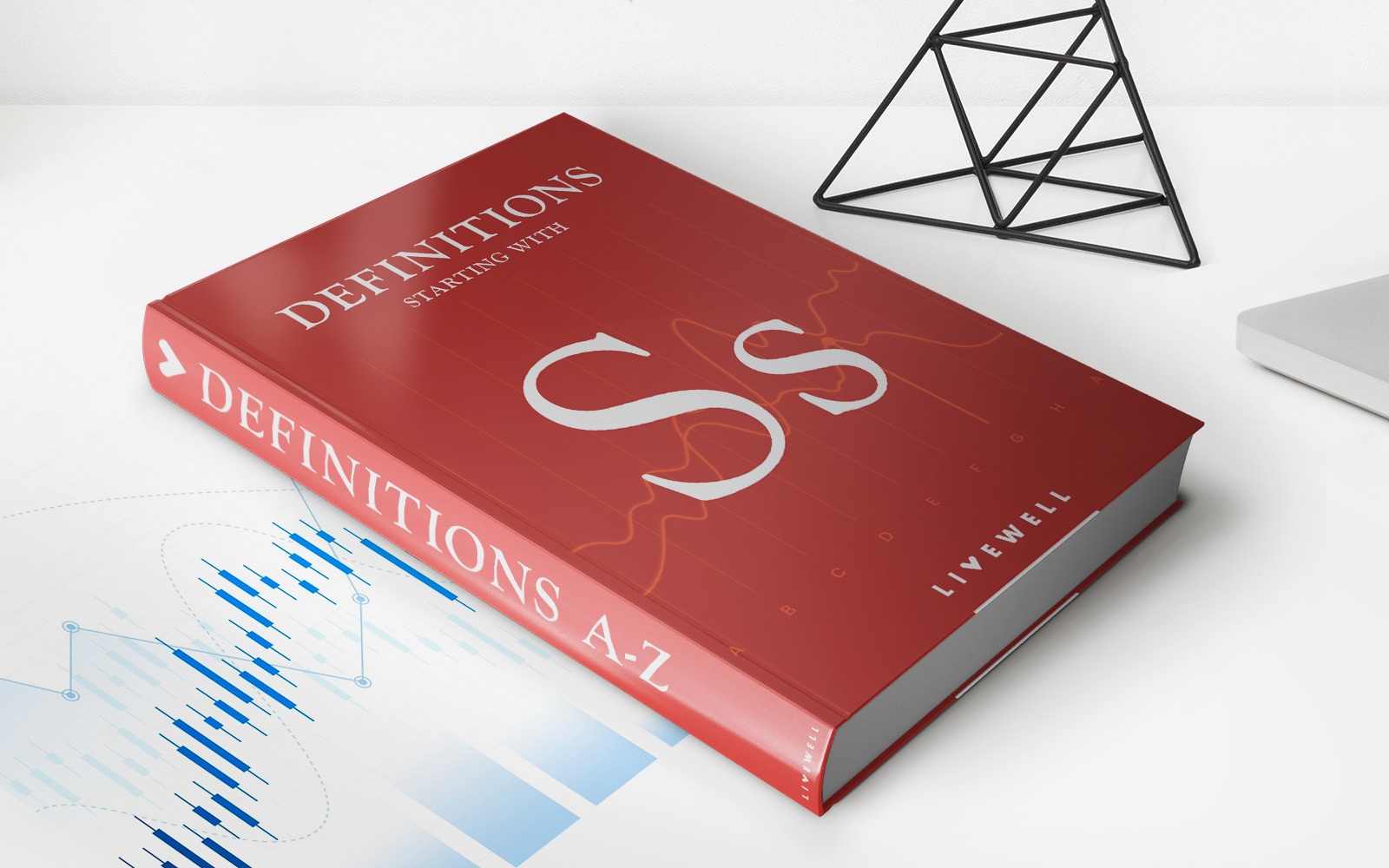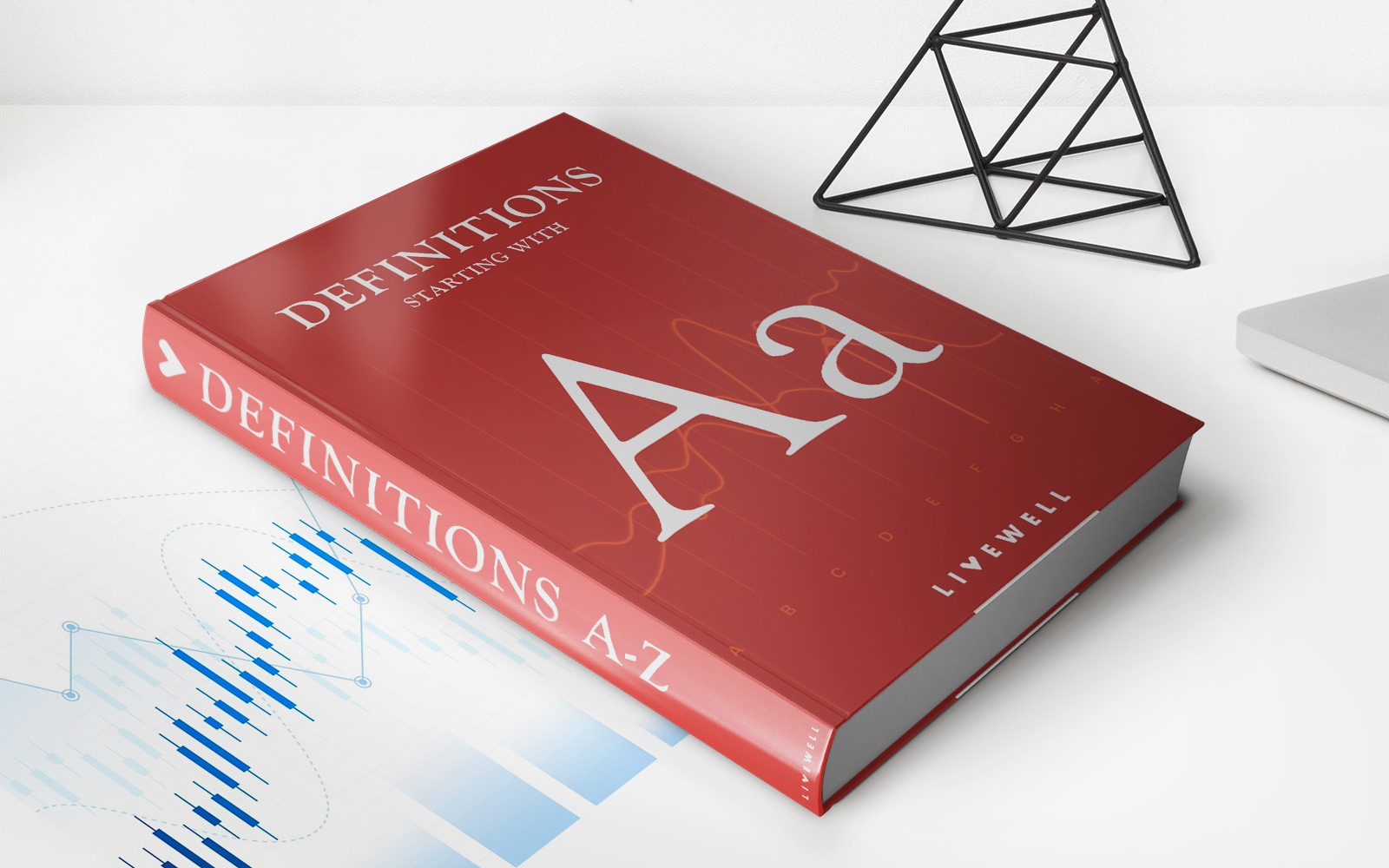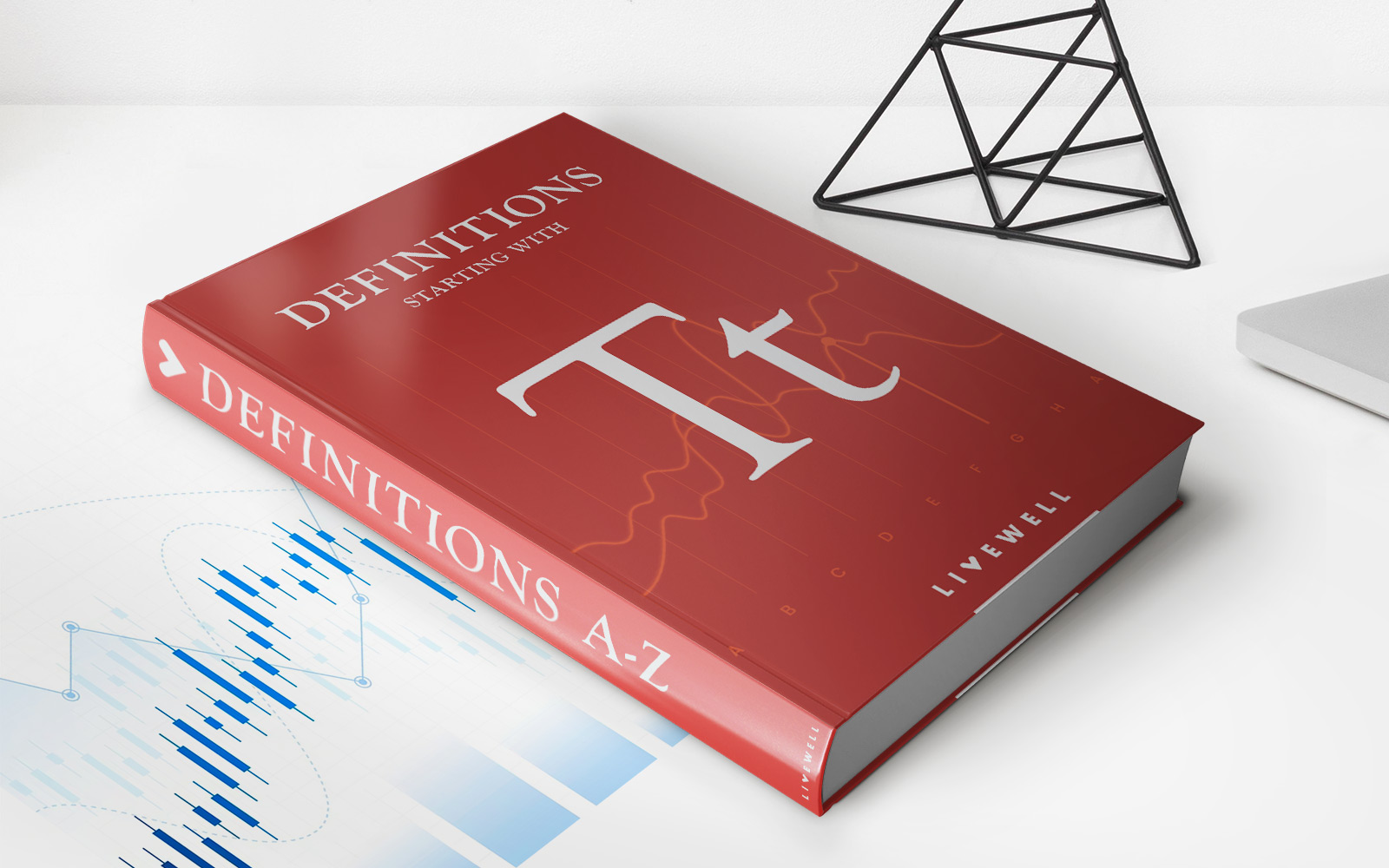Home>Finance>Ethereum Classic (ETC) Definition, History, Future
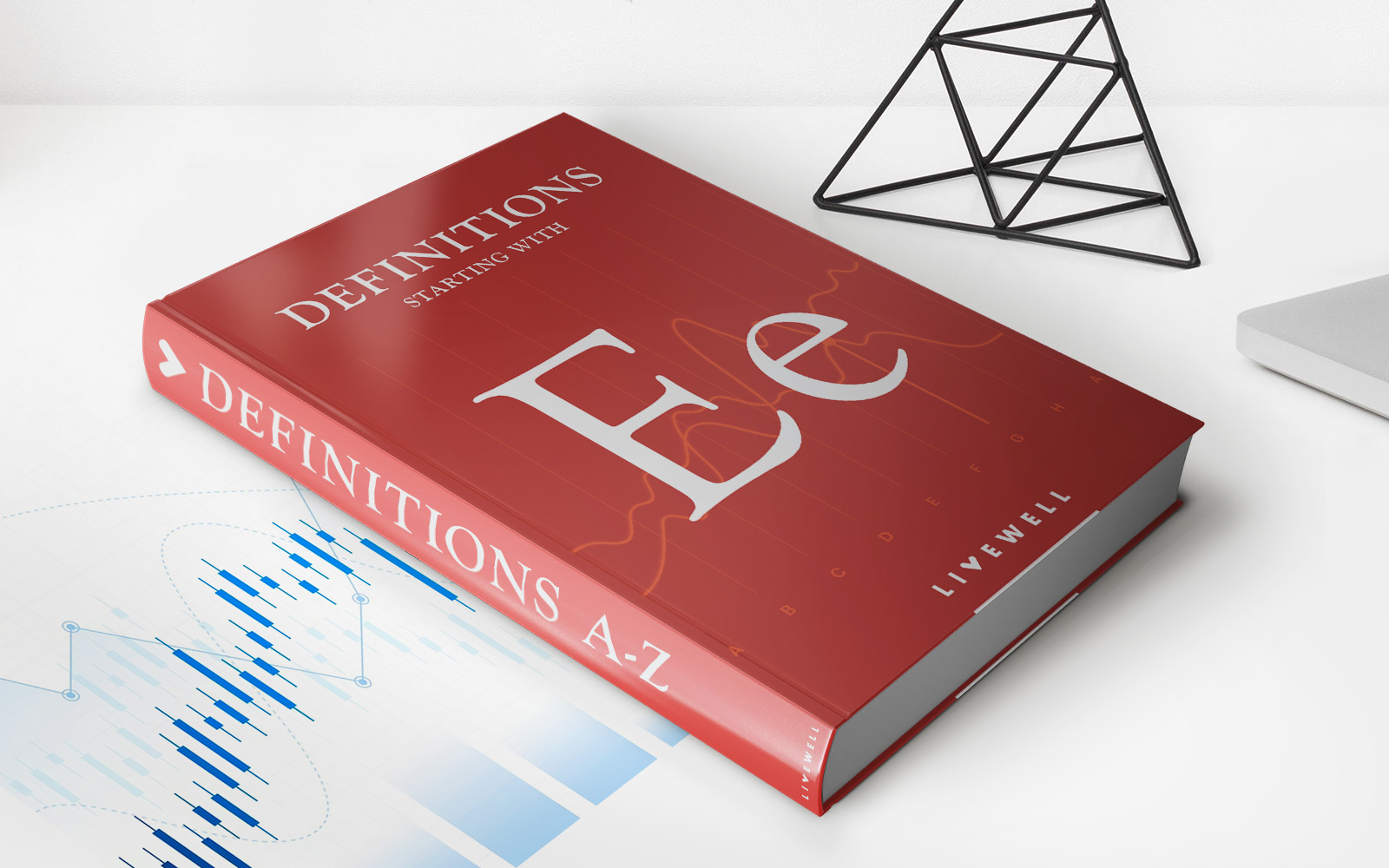

Finance
Ethereum Classic (ETC) Definition, History, Future
Published: November 19, 2023
Learn about the definition, history, and future of Ethereum Classic (ETC) in the world of finance.
(Many of the links in this article redirect to a specific reviewed product. Your purchase of these products through affiliate links helps to generate commission for LiveWell, at no extra cost. Learn more)
Welcome to the World of Ethereum Classic (ETC)
When it comes to the world of cryptocurrencies, Ethereum Classic (ETC) stands out as a prominent player. As an investor or someone interested in the crypto space, it’s crucial to have a comprehensive understanding of this digital asset. In this blog post, we will explore the definition, history, and future of Ethereum Classic.
Key Takeaways:
- Ethereum Classic (ETC) is a decentralized, open-source blockchain platform.
- ETC emerged as a result of a hard fork from the original Ethereum (ETH) blockchain in 2016.
Ethereum Classic: A Definition
Ethereum Classic (ETC) is a decentralized, open-source blockchain platform that enables developers to build and deploy smart contracts and decentralized applications (dApps). It operates on a peer-to-peer network and utilizes ETC tokens as a means of value exchange and fuel for executing transactions on the platform.
One of the core principles of Ethereum Classic is immutability. This means that once transactions are recorded on the blockchain, they cannot be altered or tampered with. Immutability ensures transparency and trust, making Ethereum Classic an attractive platform for various use cases, including finance, gaming, and supply chain management.
A Brief History of Ethereum Classic
The history of Ethereum Classic can be traced back to 2016 when a contentious hard fork split the Ethereum community into two. The hard fork was initiated as a response to the infamous DAO (Decentralized Autonomous Organization) hack, where millions of Ether tokens were stolen. The Ethereum community was divided on whether to roll back the transactions and return the stolen funds or to maintain the principle of immutability.
As a result, Ethereum Classic emerged as a separate blockchain that kept the original transaction history intact, without reversing any transactions. Ethereum Classic retained all the properties of the Ethereum blockchain, including smart contract functionality, but remained committed to the principle of immutability. This decision led to the creation of two distinct chains, Ethereum (ETH) and Ethereum Classic (ETC).
The Future of Ethereum Classic
Ethereum Classic has experienced steady growth since its inception. Its strong commitment to immutability, combined with a dedicated community of developers and enthusiasts, has contributed to its resilience and longevity in the crypto space.
Looking ahead, Ethereum Classic is well-positioned to capitalize on the growing demand for decentralized applications and smart contracts. Its compatibility with the Ethereum Virtual Machine (EVM) allows developers to easily migrate their projects from Ethereum to Ethereum Classic or develop applications that can run on both platforms. This interoperability provides significant opportunities for cross-chain collaboration and innovation.
Additionally, Ethereum Classic has been actively exploring solutions to enhance scalability, such as the ECIP-1017 proposal, which aims to introduce sidechains to improve the network’s transaction throughput. These initiatives, coupled with ongoing development and community engagement, lay a solid foundation for the future growth and success of Ethereum Classic.
Conclusion
Ethereum Classic (ETC) is a decentralized blockchain platform built on the principles of immutability and transparency. Its history as a result of a hard fork from the Ethereum blockchain and its commitment to these principles have made it a prominent player in the cryptocurrency space.
As we look to the future, Ethereum Classic has the potential to play a significant role in driving the adoption of smart contracts and decentralized applications. With its interoperability, scalability solutions, and dedicated community, Ethereum Classic is positioned for continued growth and success in the evolving crypto landscape.


